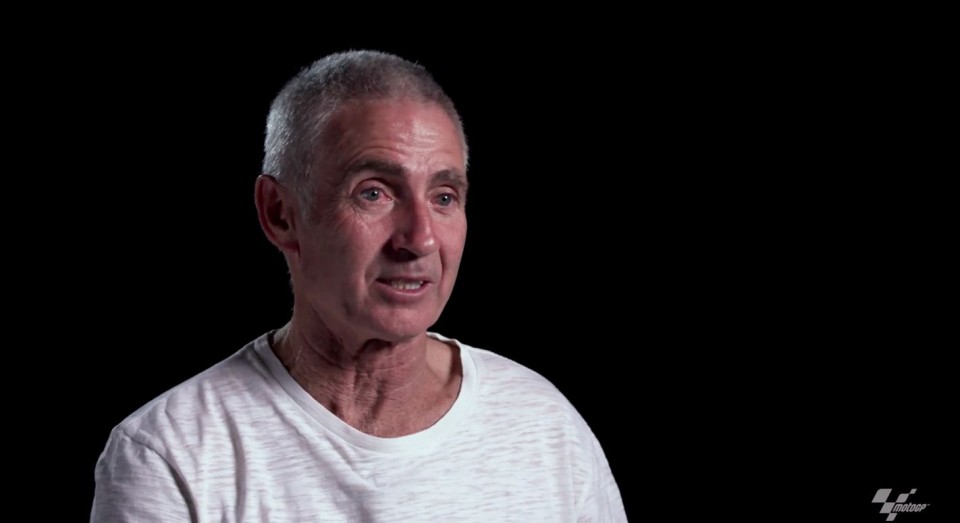The world of professional sports is fueled by adrenaline, competition, and the pursuit of victory. But for some athletes, the thrill extends beyond the racetrack, playing field or even the UK sites not on GamStop. This article explores the surprising overlap between the world of sports racing and gambling, highlighting a few racers known for their forays into the casino.
The Allure of the High Rollers
For some racing drivers, the excitement of competition on the track translates to a fascination with the calculated risks and potential rewards of gambling. The high-stakes environment of a casino can hold a certain allure for athletes accustomed to pushing boundaries and performing under pressure. These racers aren't just battling for checkered flags; they enjoy the mental challenge and strategic decision-making involved in games like poker and blackjack.
Famous F1 Gamblers
Formula One, the pinnacle of motorsport, has its fair share of drivers known to enjoy the occasional gamble. Finnish legend Kimi Raikkonen, known for his stoic demeanour and "Iceman" nickname, is a poker enthusiast who has participated in charity tournaments. His calm and collected persona seems to translate well to the poker table, where calculated risks and reading opponents are key to success. Stories abound of Raikkonen's poker prowess, with some claiming he can be just as ruthless at the tables as he is on the track.
Spanish ace Fernando Alonso, a two-time world champion, has also been spotted at casinos, showcasing his skills at blackjack. Alonso, known for his aggressive driving style and strategic brilliance, seems to find a similar thrill in the calculated risks of card games. While his focus remains on dominating the track, occasional ventures into the casino world provide a different kind of challenge for this multi-talented athlete.
NASCAR and the Card Game Connection
Moving across the Atlantic, NASCAR drivers too have dabbled in gambling. Kyle Busch, a multi-time champion known for his aggressive driving style and "Rowdy" nickname, is a skilled poker player who has competed in the World Series of Poker. Busch's competitive spirit translates well to the poker table, where he has displayed similar levels of focus and strategic thinking as he does behind the wheel. His success at the World Series of Poker highlights his ability to excel in high-pressure situations, proving that his talents extend beyond the racetrack.
Denny Hamlin, another NASCAR star known for his consistency and strategic driving, enjoys blackjack and has participated in high-profile poker tournaments. Hamlin seems to find a balance between the physical demands of racing and the mental challenge of card games. His participation in major poker events suggests a genuine passion for the game, showcasing his versatility and willingness to test himself in different competitive environments.
Beyond the Headlines:
The world of sports racing is vast, and this article only scratches the surface. Numerous drivers, from various disciplines like Moto GP (motorcycle racing) or IndyCar (open-wheel racing), likely have stories about their experiences with gambling. Australian motorcycle legend Mick Doohan, a five-time world champion, has been known to frequent casinos during race weekends. His competitive spirit might translate well to the poker table, but details about his gambling habits remain largely private. Similarly, IndyCar drivers like Dario Franchitti (four-time champion) and Scott Dixon (six-time champion) could have interesting stories about their relationship with gambling, but such details are not widely known.
A Complex Relationship
The relationship between sports racing and gambling is complex. While some athletes enjoy responsible gambling as a leisure activity, it's crucial for individuals and organizations to remain vigilant against potential risks. The high-pressure, competitive nature of professional racing can lead to unhealthy gambling habits if not managed responsibly. Professional sports organizations and governing bodies often have resources and support programs in place to help athletes with gambling addiction.
The Ethical Debate
The presence of gambling sponsorships in motorsport also raises ethical concerns. Some argue that associating high-stakes racing with gambling can normalize potentially risky behaviour, particularly among younger fans. Others argue that responsible advertising and clear messaging about the dangers of gambling addiction can mitigate these concerns. Ultimately, the responsibility lies with both racing organizations and gambling companies to ensure ethical and responsible practices.
The Future of the Intersection
As the world of sports gambling evolves, with online platforms and legalized sports betting becoming more widespread, it's likely that the intersection between these two worlds will continue to grow. It will be interesting to see how racing organizations navigate this evolving landscape, balancing potential sponsorship revenue with the responsibility to protect their athletes and fans.









